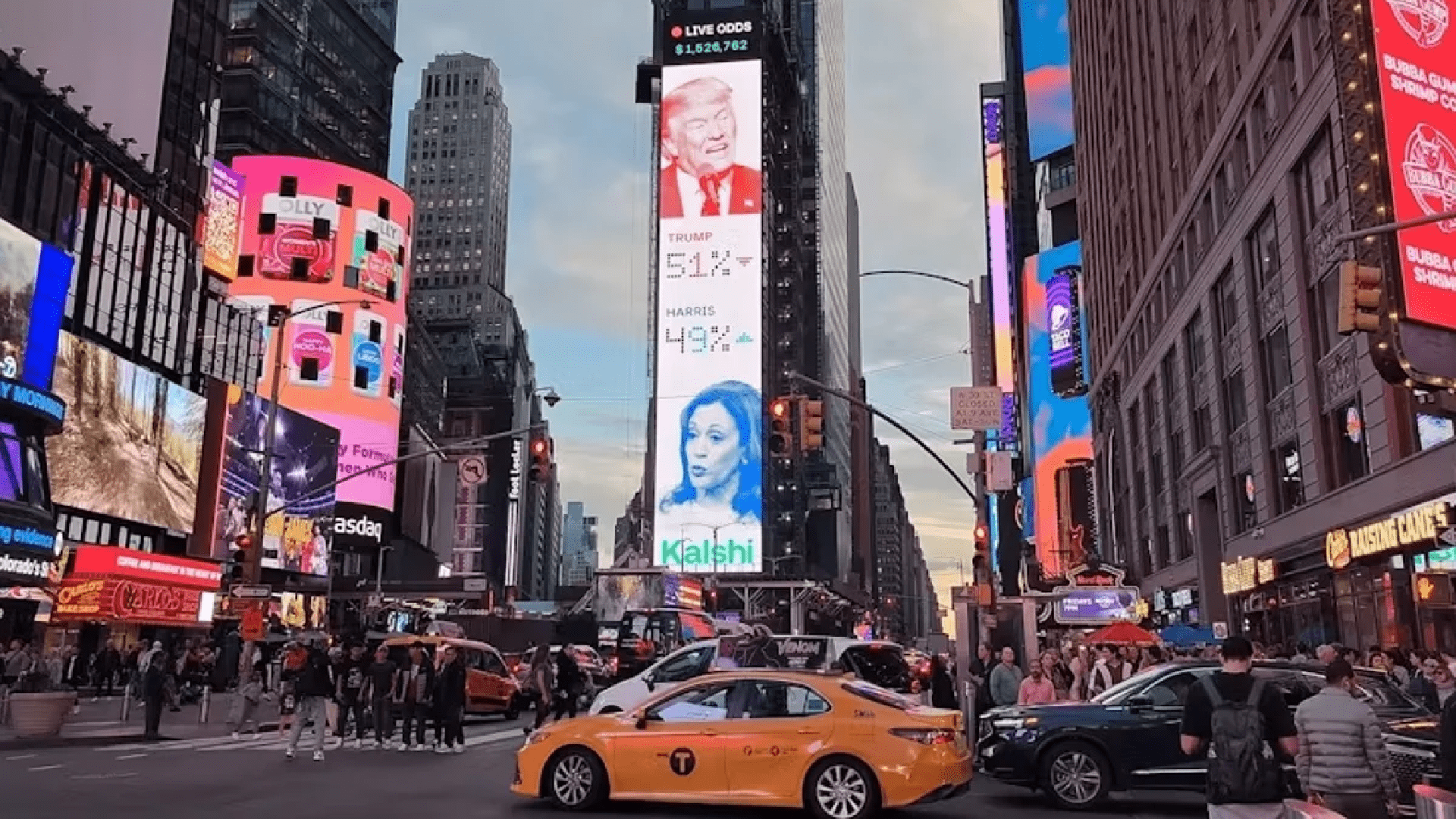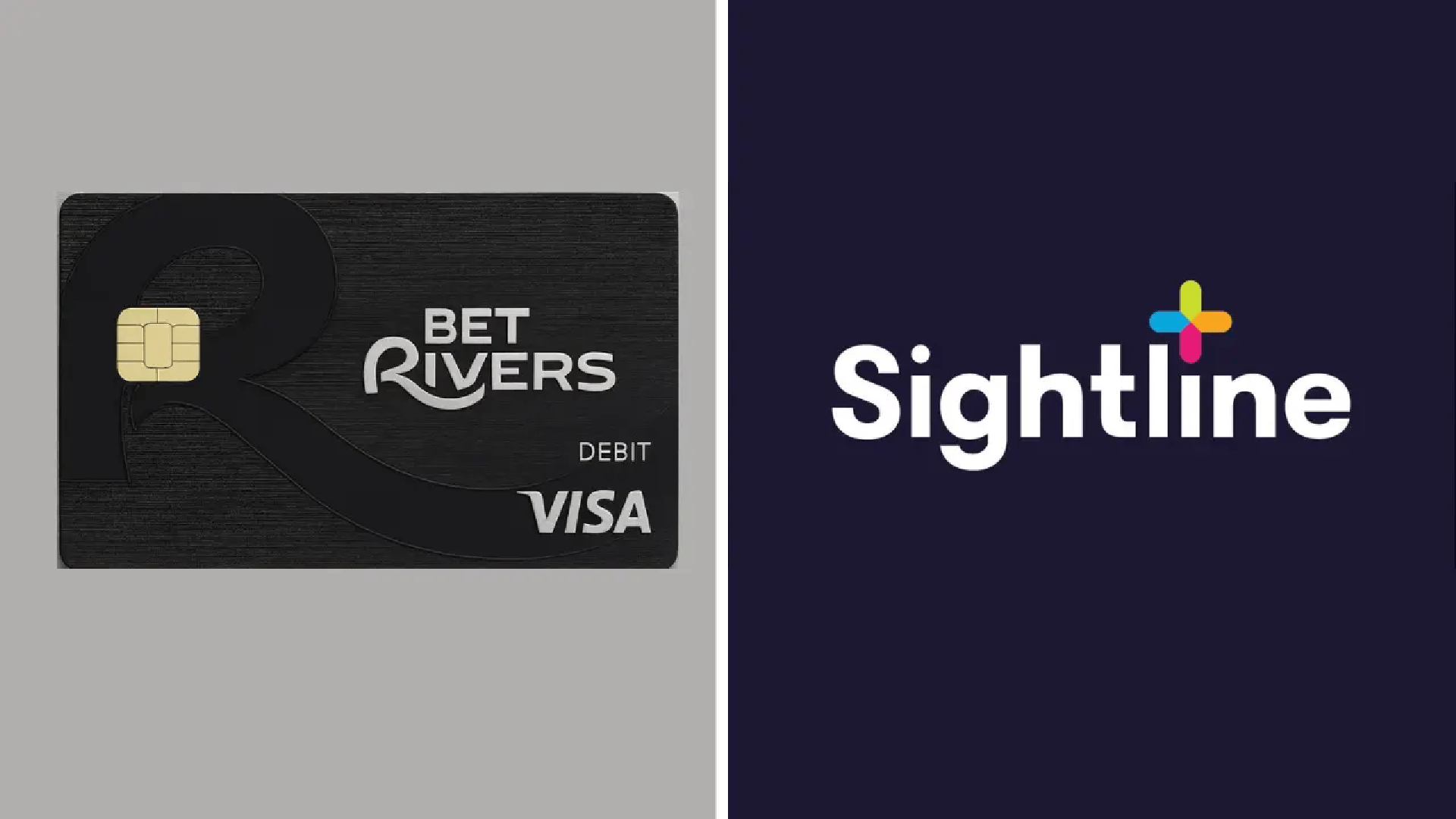Gambling News 04 November 2024
Election Betting Markets Draw Ire of State Gaming Regulators Ahead of November 5

The result of the 2024 presidential election will ultimately be decided on Tuesday, November 5, as millions of Americans and US citizens go to the polls to vote.
As the historic election approaches between former President Donald Trump and Vice President Kamala Harris, numerous pollsters have shared their forecasts on who will emerge victorious. Nonetheless, the 2024 election presents higher legal betting on the presidential contest than at any time in the past. Proponents of these betting markets argue that they serve as more precise predictors of election outcomes.
Election betting markets are functioning legally, at least for now, while a federal court case about their legality is still ongoing. Meanwhile, state gaming authorities are advising consumers that no authorized, regulated sportsbook is permitted to accept wagers on political events.
"We know elections sometimes feel like a sport, but the reality is they are not,” said Connecticut Department of Consumer Protection Commissioner Bryan Cafferelli. The state agency oversees gaming in Connecticut.
“Wagering on an unlicensed platform just to bet on an election leaves consumers’ personal information and money vulnerable to theft and fraud. Any platform offering wagers on the election is unregulated by the Department of Consumer Protection. No licensed platform may offer wagers on election outcomes in Connecticut,” Cafferelli added.
Federal Decision
In September, a federal appeals court ruled in favor of Kalshi, an online political betting platform that employs derivatives and functions in a peer-to-peer fashion. The court ruled that the Commodity Futures Trading Commission (CFTC) exceeded its powers when it instructed platforms such as Polymarket, Kalshi, and PredictIt to cease accepting bets on US elections.
The CFTC contended that betting on elections threatens the integrity of elections in the US. An autonomous US government agency, the CFTC also stated that permitting election betting markets would compel the commission to shift from a financial market regulator to “the role of an election enforcer.”
The Washington, DC Circuit Court of Appeals had a different opinion.
"Ensuring the integrity of elections and avoiding improper interference and misinformation are undoubtedly paramount public interests, and a substantiated risk of distorting the electoral process would amount to irreparable harm. The problem is that the CFTC has given this court no concrete basis to conclude that event contracts would likely be a vehicle for such harms,” the ruling read.
Connecticut is not the only state cautioning consumers against participating, despite the federal stance that — for the time being — permits Kalshi to accept election wagers from players based in the US. The Gambling Commission of Washington State also expressed its opinion.
“They are not legal,” said Washington State Gambling Commission Communications Director Troy Kirby. “The illegal component is that there’s a consideration, money involved. If you decide to take that chance, it’s at your own risk.”
National Law Prevails Over State
Contessa Brewer, who reports on the gambling industry for CNBC, asked how wagering platforms were engaging in the presidential election without possessing state-granted gaming licenses. She urged the New York State Gaming Commission to reply through X.
"Kalshi does not have a gaming license. Betting on the election is not permitted in New York, not in any state,” she tweeted. “And yet Kalshi is boldly proclaiming ‘Live Bets’ on its NYC advertising.”
Brewer followed up the post with clarification.
“A legal expert tells me no state regulators will be able to take action against Kalshi because the federal agency CFTC rules supersede state rules. Kalshi is able to operate because a court sided with the platform when it argued it’s not gambling,” Brewer wrote.
Related articles
Read some iteresting and relatable articles abaout casino.
Try These Casinos

Fruit Kings
Deposit £10 or more and
receive a 100% deposit bonus up to £50 PLUS 100 spins on Book of Dead
18+. New players only. 100% bonus on first deposit up to £50 & 100 Bonus Spins (50 spins on day 1, 25 on day 2, 25 on day 3) for Book of Dead slot only. Min first deposit of £20. Max bonus £50. Max bonus bet £5. Max bonus cash-out £250. 40x wagering requirements. Bonus expiry 30 days. Bonus spins expire after 48 hours. Game restrictions apply. Further Terms Apply.




